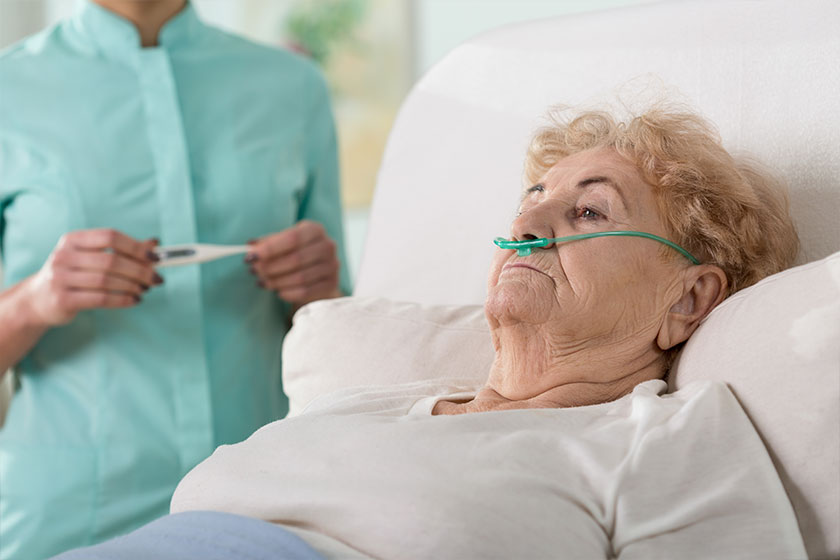Assisted living is an invaluable resource for those suffering from post-hospitalization pneumonia. It can give them the extra help they need to recover quickly and safely and provide the social support and companionship that can help them heal. Here are five ways assisted living can help your loved one with post-hospitalization pneumonia.
Medical Care
Assisted living communities can provide medical care to those recovering from post-hospitalization pneumonia and emotional support for them and their families. For starters, assisted living communities can provide medical care that would otherwise be difficult to access.
As your loved one is recovering, they may need medications, physical therapy, and other treatments that are not always easily accessible outside of a hospital setting. Assisted living communities can provide all of these services in one convenient location, meaning that your loved one won’t have to worry about traveling to different communities to get the care they need.
Nutritional Support
When your loved one is hospitalized for pneumonia, it can be a stressful and overwhelming time. After they are discharged from the hospital, they may need additional care to help them recover. Assisted living can provide a safe and secure environment where they can receive the proper care and nutrition to get back to good health.
Nutrition is a key factor in recovery from pneumonia. With assisted living, your loved one can get the nutritional support they need to get back on their feet. They will have access to meals tailored to their needs, with options that are low in sodium and high in protein, vitamins, and minerals.
Meals will be prepared in a way that is both nutritious and appealing so that your loved one will have the best chance of getting the nutrition they need.
Social Support
One of the most important points is the social support they can provide. Social support is vital after a hospital stay, as it can help to ensure that your loved one can fully recover. Social support is provided in a variety of ways in assisted living communities.
The most common is the presence of nurses and other medical team members available to provide comprehensive care for the person recovering from pneumonia. These team members can help with medication management, physical therapy, and other medical needs that can arise. Additionally, they can provide emotional support, which is especially important during recovery.
Physical Therapy
Physical therapy can help restore lung function, improve coordination and balance, reduce pain, and promote well-being. Assisted living centers provide physical therapy treatments tailored to the individual’s needs.
A physical therapist will assess the individual’s physical condition and design a program to address the individual’s specific goals. The physical therapist will also provide education to help the individual better understand their illness and recovery. The physical therapist will also help the individual learn how to use adaptive equipment, practice safe body mechanics, and use breathing and relaxation techniques to manage symptoms.
Emotional Support
When a loved one has been hospitalized for pneumonia, it can be an incredibly difficult and worrying experience for family members. The emotional toll of seeing a loved one suffer from a serious illness can be overwhelming, and it can be even more difficult once they are discharged from the hospital and begin their recovery at home.
Assisted living can provide invaluable emotional support during this time, helping to ensure your loved one is receiving the best possible care and feels supported and comforted by those around them. Assisted living teams are skilled in providing emotional care and can provide a friendly and familiar face during a time of emotional turmoil. They can provide companionship, engage in meaningful activities, and help to provide a sense of purpose and belonging to a loved one who may feel isolated and overwhelmed.







